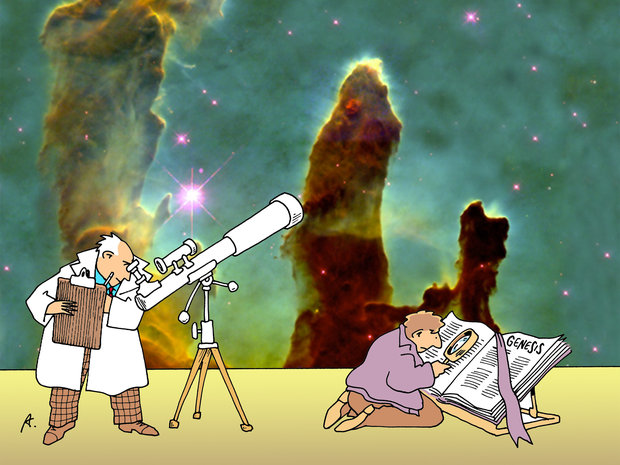
Faith’s Impossible Goals
The gospels present people searching for God with seemingly impossible goals.
Among the most daunting is this quote from Jesus: “You, therefore, must be perfect as your heavenly father is perfect.”
Yikes! This seems impossible, at least in my case, and I don’t think I’m alone. In fact, such goals prescribed by religion are, I suspect, among barriers to belief for many. “We’re only human,” we might say.
And that, I believe, is the key to understanding what Jesus was saying. We ARE only human. We can’t strive to be perfect in the way God is perfect. We’re in a different category, knowing God only by analogy. No, God is perfect in a God-like way; we must be perfect in a human way. And that includes recognizing God as father/mother and loving him/her and other humans as best we can.
Obstacles for Many
Before going any further, I want to pass along a quote from Father Dominic Assim, the pastor of the church Amparo and I attend. He went to his home country of Ghana and got stuck there because of the pandemic, but he writes a letter to his parishioners about once a week. This quote is part of his commentary on the feast of the Holy Trinity. It touches the areas of doctrine and practice – obstacles for many who search for God.
“What is the nature of the Christian God? The first reading and the gospel describe the nature of the Christian God in the following words: love, unity, tenderness, forgiveness, and faithfulness, patience and compassion. As sons and daughters of God, let us take inspiration from the nature or the qualities of the Christian God and replicate these qualities of God in our lives as we continue to fight against the Coronavirus pandemic.”
Too Hard or Impossible
Replicate them, OK, but be “perfect?” Perfection seems too many hard or impossible, both in the areas of faith and morality.
Regarding faith, it’s good to remind ourselves that there are degrees of faith as in most everything. To paraphrase another of Jesus’ quotes, we may have faith the size of a mustard seed, among the smallest of seeds, or faith that can move mountains. We may “bear fruit” thirtyfold or sixtyfold or a hundredfold.” The idea is to sincerely strive for faith, to study and pray for it no matter the amount of doubt we may have. Human perfection is acquired in increments.
And if you are afraid to ascribe to a religion because you have a hard time with some of its teachings, remember that not all beliefs are equally relevant to everybody. That’s true for me, and it’s undoubtedly true for even the pope. Some may be meaningful for you; others not so much or not at all.
As for morality, religion presents the goal, the ideal. We many not always live up to it, but we need to genuinely strive to do so. Isn’t it better to have ideals and try to practice them than not have any?
Reconsideration of Our Views
Of course, all this requires openness to reconsideration of our views of doctrine and morality. I’m not suggesting indifference toward either. Religion requires challenges to our unbelief – about teachings – and how we act.
Ted Wolgamot, my friend, former classmate and retired psychologist who also writes a weekly blog (http://drtedsweb.com), had this eloquent thought in a recent essay. It suggests what’s possible when we put beliefs into practice.
“Maybe I can make a difference. Maybe there can be more justice in this world. Maybe the air we breathe and the water we drink can be clean again. Maybe educating our children can be more highly valued. Maybe the racial divide can be lessened, even eliminated. Maybe the lives of addicts can be healed. Maybe my own resentments and heartaches can be mended. Maybe my ability to love and grant mercy can be greater and greater. Maybe God is truly here with me, even if my current struggles never go away. Maybe even I can be a saint.”
Maybe we have to want the “maybes” enough.



